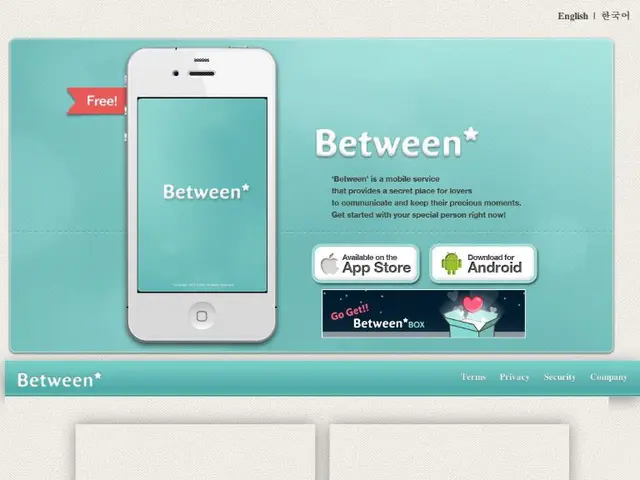Electricity provider ComEd planning to give out $100 million in incentives to promote electric vehicle (EV) development in Illinois
In a significant move towards promoting electric vehicle (EV) adoption, Illinois has announced a comprehensive rebate program worth $100 million in collaboration with ChargePoint. The initiative, aimed at increasing the number of EVs on Illinois roads to one million by 2030, is driven by the Climate and Equitable Jobs Act passed by Illinois lawmakers in September 2021.
ComEd, the state's primary electric utility, is at the forefront of this statewide effort. The utility aims to provide customers and communities with the support needed to navigate the transition to electric vehicles. Under the program, ComEd will provide $9 million to residential customers to offset purchase and installation costs of at-home Level 2 charging, with rebates of up to $3,750 per charger.
The program also extends to businesses and the public sector, with $53 million in rebates for EV fleet purchases. ComEd will offer $38 million for required upgrades needed to install public and private Level 2 and Level 3 charging stations for non-residential customers.
The rebate program is part of a broader initiative to promote the widespread adoption of electric vehicles. ComEd's initiatives have helped to offset installation costs of nearly 4,000 residential and commercial charging Level 2 and Level 3 ports. The utility is focused on ensuring that the grid is equipped for increased electrification.
The transition to electric vehicles is expected to provide benefits for both customers and the environment. As other states and the private sector continue to push for EV adoption, automakers move ahead to meet increasing consumer demand for battery electric vehicles. Massachusetts, for instance, signed into law legislation in November to build out charging infrastructure and incentivize EV adoption, with a goal of having 900,000 EVs on its roads by 2030.
Notably, Ionna, a U.S.-headquartered private joint venture of major automakers, last month announced a transition to full-scale national release, aiming to bring over 1,000 charging bays online this year and 30,000 by 2030.
Illinois' effort to encourage EV adoption follows other national initiatives, but the National Electric Vehicle Infrastructure (NEVI) Formula Program was suspended by the Trump administration in February. Despite this setback, Illinois remains committed to its goal of leading the way in EV adoption.
The initiative also requires Illinois electric utilities to develop plans for rapid deployment of statewide charging infrastructure. ComEd is offering $100 million in rebates to reduce the costs of installing electric vehicle charging hubs, demonstrating a commitment to making EV ownership accessible and affordable for all.
As the world moves towards a more sustainable future, initiatives like this one in Illinois are a step in the right direction. By providing financial incentives and support, states can encourage the adoption of electric vehicles, reducing carbon emissions and improving air quality for all.
Read also:
- Impact of Alcohol on the Human Body: Nine Aspects of Health Alteration Due to Alcohol Consumption
- Understanding the Concept of Obesity
- Lu Shiow-yen's Challenging Position as Chair of the Chinese Nationalist Party (KMT) Under Scrutiny in Donovan's Analysis
- Tough choices on August 13, 2025 for those born under Aquarius? Consider the advantages and disadvantages to gain guidance








